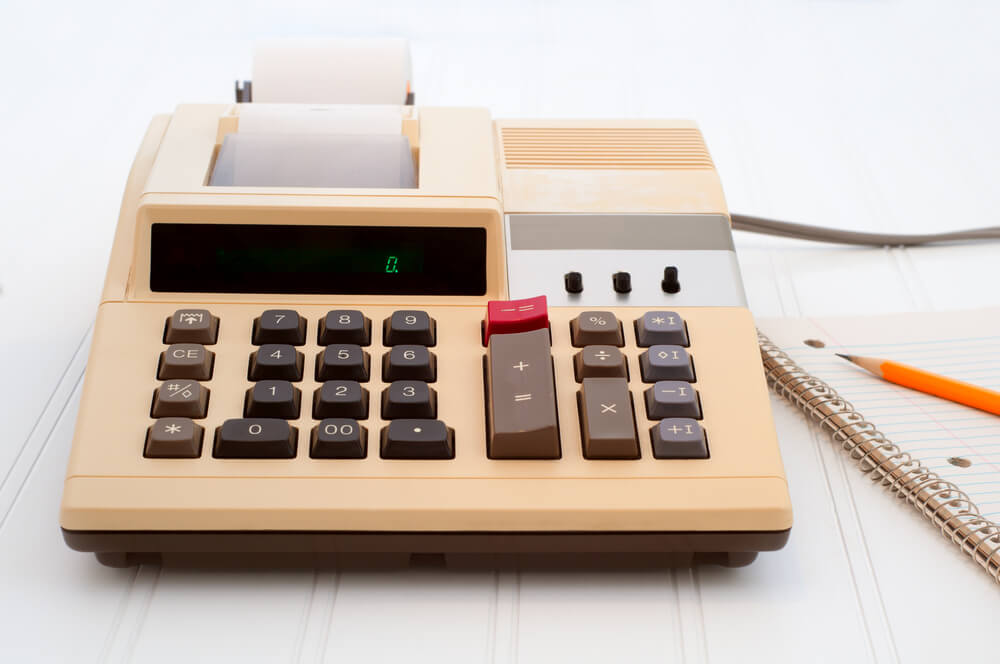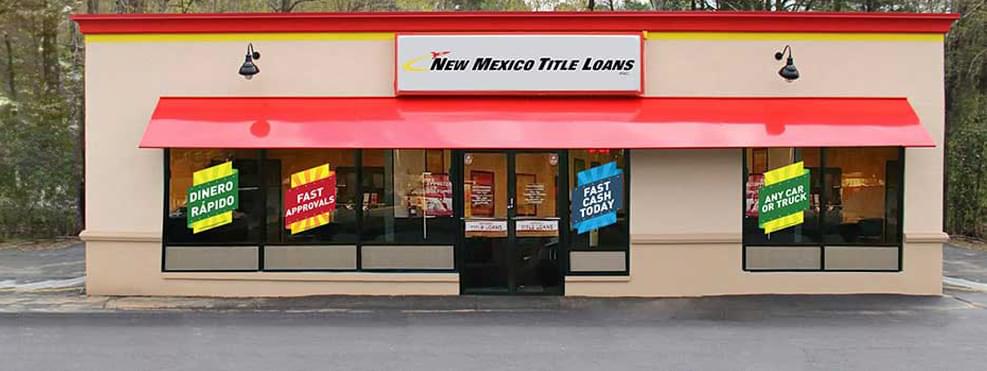
4 Basic Budgeting Practices
When it comes to budgets, it’s easy to write them off as a boring, overrated activity that you don’t need in order to succeed. But the truth is, a budget is a very handy tool to help you reach several major goals and it can impact your life in a big way. A budget helps you control the money you work so hard to earn. Without one, it’s easy to get carried away and spend your entire paycheck the same day that you get it.
Make Big Strides with Small Changes
If you want to make a major change in that area, taking small steps will get you there faster than attempting to make big changes. By starting small, you’ll find it easier to make bigger, more disciplined choices with your money. Best of all, you can break free of the endless pattern of emergency borrowing and desperate searches for “title loan near me”. Here are four budgeting basics you can use to develop a great personal budget.
Break Your Budget Down Into Categories
When constructing your budget, there are several categories you can choose from, such as:
- Food
- Housing
- Utilities
- Debt payments
- Savings
- Giving
- Health
- Fun
- Personal
- Insurance
- Childcare
- Pet care
- Misc.
Depending on your lifestyle, you will have some fluctuating costs and changing categories.
Calculate Your Fixed Expenses
For this budgeting basic, list all your non-negotiable expenses. One definition of a fixed expense is this: “Those recurring costs that you must pay every month because they’re vital for your well-being or are commitments you’ve already made.” This affects areas like rent, utilities, car payments, and retirement contributions.
You should also factor in an emergency fund and long-term goals like college for you kids, a mortgage, and other important life milestones.
Estimate Variable Expenses
Variable expenses are extra expenses like clothing, hair appointments, gym memberships, and entertainment. These are the types of expenses that tend to add up if they are not closely tracked
One way to do this is to look at your past spending to see how much you should budget for these categories based on your past spending. You can use budgeting apps like Mint, or You Need a Budget. Next, you should analyze your spending habits, establish spending guidelines, identify areas that could use cutting, and see what you could cut out of your budget entirely.
Assess Your Discretionary Income
Discretionary income is your monthly income minus expenses. In other words, it is leftover money, which you should consider putting toward long-term goals.
Take time to figure out what you’d like to save money for and make it something that you feel a strong connection with. This will help you cut back in unnecessary categories in order to finance something you really want. There are a few ways to do this:
- Reduce variable expenses
- Cut entire areas
- Negotiate costs
- Start earning more money

How Will You Start Budgeting?
Budgets might not seem exciting or enticing, they are a very important and beneficial part of being an adult. They can help you reach major goals, control your money, and save up for major life milestones. By taking small steps, you can easily choose the most relevant budget categories, calculate fixed and variable expenses, and assess what’s remaining.
In addition to developing good budgeting habits, getting a title loan could help you in a number of areas, such as being able to reach your financial (and other) goals, gaining financial freedom, stopping the overdraft fees, and making long-term goals like retirement a reality.
Note: The content provided in this article is only for informational purposes, and you should contact your financial advisor about your specific financial situation.
